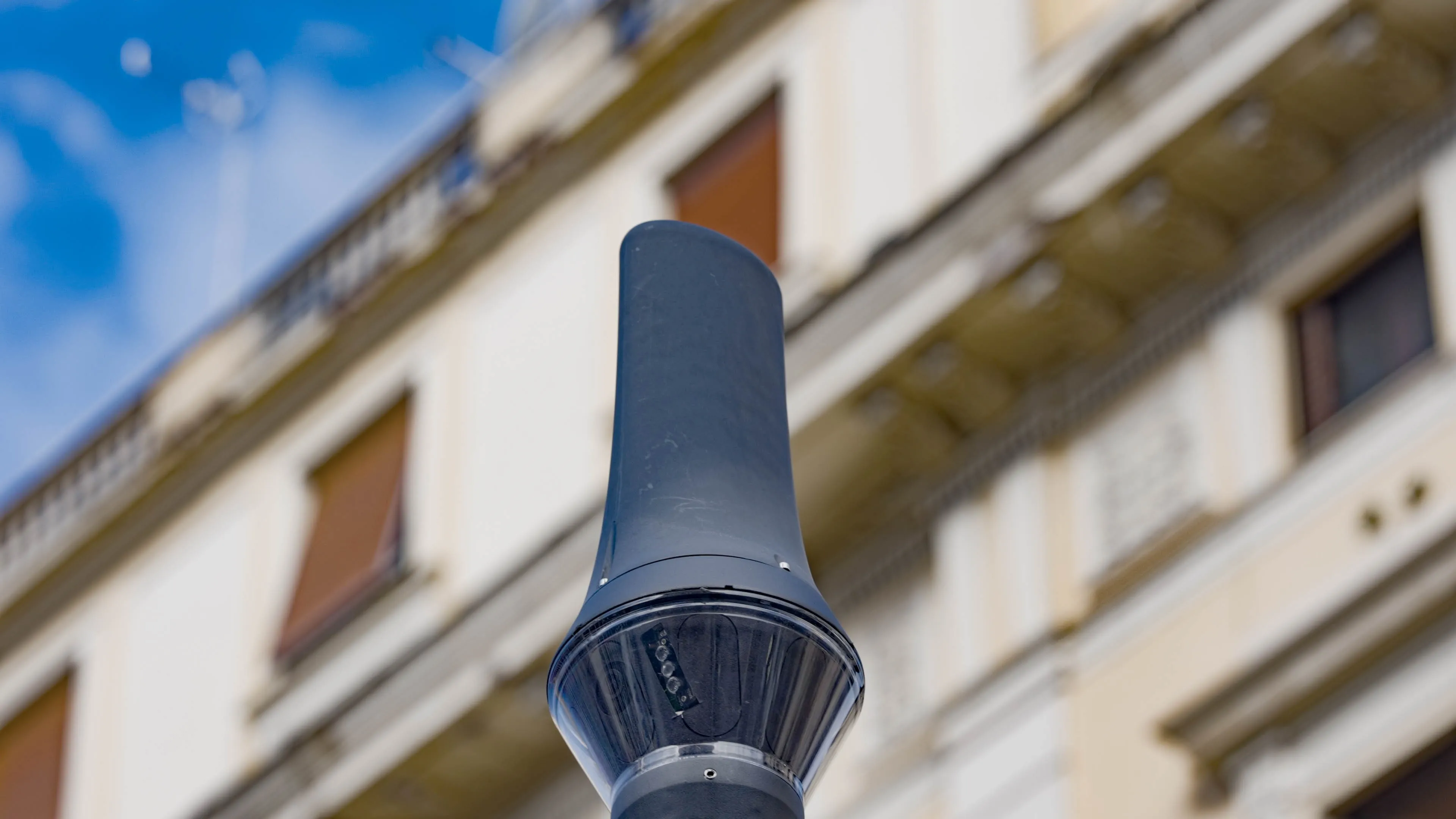The US Department of Transportation (USDOT) is to partner with
Announcing the partnership, Transportation Secretary Anthony Foxx said the winning city's public bus system will receive the installation of Mobileye's Shield+ technology on every bus. This is in addition to U.S. DOT's award of up to US$40 million and an award of up to US$10 million from the Challenge’s launch partner, Vulcan Philanthropy.
Mobileye’s Shield+ driver assistance safety technology is designed to enable bus drivers in the selected city to avoid and mitigate imminent collisions and protect road users including cyclists, pedestrians, and motorcyclists. The winning city will need to work with Mobileye to secure this technology contribution. Once installed, the technology is designed to generate continuous, real-time data delivery, which will enable the winning city to make improvements to the safety and efficiency of its public bus system.
The announcement follows last month’s launch of US DOT’s Smart City Challenge, a competition that will support the creation of a fully integrated, first-of-its-kind city that uses data, technology and creativity to shape how people and goods move in the future. The Challenge is a collaborative partnership that aims to implement bold, data-driven ideas to make transportation safer, easier, and more reliable.
The first round of applications is due by 4 February. USDOT will then announce five finalists in March 2016, who will then compete for up to US$40 million to be awarded to one city in June 2016.
USDOT partners with Mobileye in Smart City Challenge
The US Department of Transportation (USDOT) is to partner with Mobileye to equip the Smart City Challenge winner with crash avoidance technology. Announcing the partnership, Transportation Secretary Anthony Foxx said the winning city's public bus system will receive the installation of Mobileye's Shield+ technology on every bus. This is in addition to U.S. DOT's award of up to US$40 million and an award of up to US$10 million from the Challenge’s launch partner, Vulcan Philanthropy.
January 8, 2016
Read time: 2 mins








